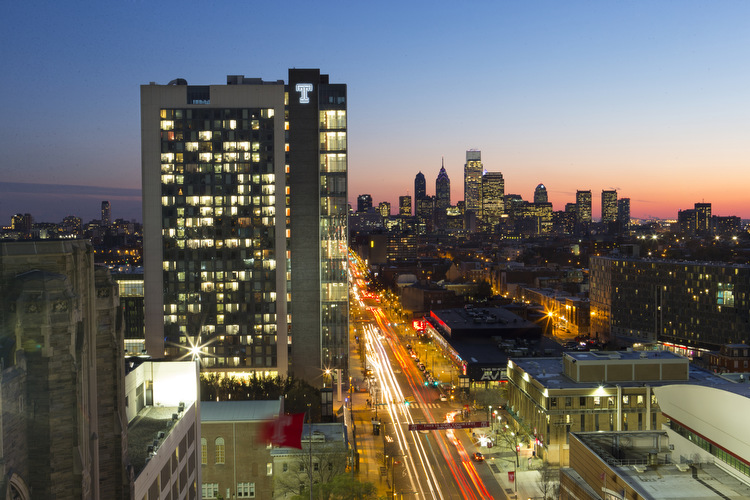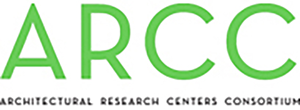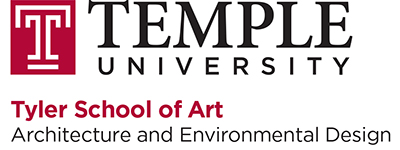Join us at the ARCC - EAAE International Conference in Philadelphia
May 16-19, 2018 hosted by Temple University

Call for papers (abstracts and papers due Fall/Winter 2018, date TBA)
Architectural Research for a Global Community
The Built Environment Shaping the Quality of Life
The idea of Gross National Happiness speaks to a measure of the collective well-being of a nation. Introduced by the King of Bhutan in early 1970s as an alternative to the prevalent notion of Gross National Product, and with a focus on the human, the revised concept identifies four pillars of happiness as outlined in Bhutan’s constitution: good governance, sustainable socioeconomic development, preservation and promotion of culture, and environmental conservation.
Recognizing the inherent relationship of the built environment to the tenets above, we revisit the framework for Gross National Happiness. The timing of this is significant as it aligns with major shifts in social and political agendas both globally and locally that impact our physical and social environment. This is an opportunity to reflect on what and why we research. For the upcoming international conference organized jointly by ARCC and EAAE, bringing together architectural scholars and practitioners from around the world, we propose an examination of the architectural dimensions of community at scales between intimately local settings and the broader global commons. The location, Philadelphia–referred to as the cradle of modern democracy–provides an opportunity to extend the conversation to consider the humanistic and environmental forward looking gaze that is part of the spirit of the place.
Our aim is to advance discourse on explicit connections between design decisions, qualities of life, and the promotion of community. We invite papers and projects in the following categories:
Architectural research and advocacy:
Architectural research and advocacy considers urgent social and political issues that face the built environment. Topics include: leadership and citizenry in a changing world, the role and impact of public engagement architecture in a social setting, architectural research and design connecting space, property, and value, and the transformative nature of data driven planning and design.
Architectural research and application:
Architectural research and development considers the value of relationships between design and research. Techniques and tools that enable this reciprocity at multiple scales are of particular interest. Issues include the impact of global design and planning research on local environments and social conditions, the change in global priorities due to local innovation, and the ethics of development.
Architectural research and culture:
Architectural research and culture considers the role of built environment as an active participant in the local and global production of culture. Shifting methods of research that yield a broader knowledge base and emerging digital tools that drive the course of humanities-oriented research are of particular interest. Topics include architecture’s role in cultural change, historical research as design strategy, public history and cultural heritage, and the culture of architectural practice and research.
Architectural research and the environment:
Architectural research and the environment considers the vital symbiosis between the natural and the built world. Of particular interest are research questions and design solutions reframing this dichotomy to find transformative relationships between humanity and its environment. Topics include environmental humanities, local sustainable practices facing global issues, greening of the built environment, and resilience as tracked through the interior to the exterior and from the object to the infrastructural scale.
Open
This category is reserved for papers and projects that may have origins not specifically related to the categories above, but offer interesting perspectives on the larger conference theme.


